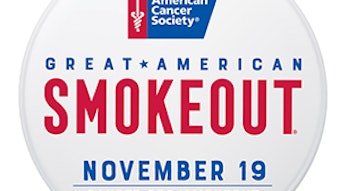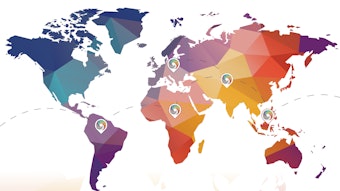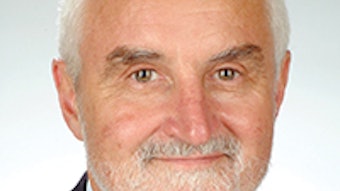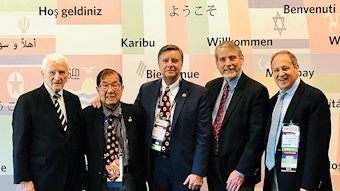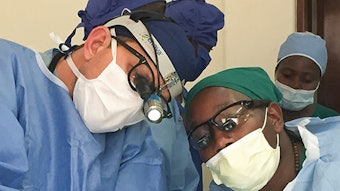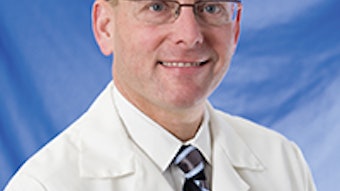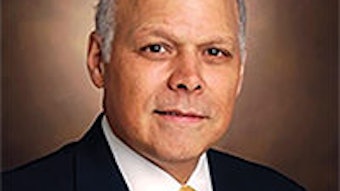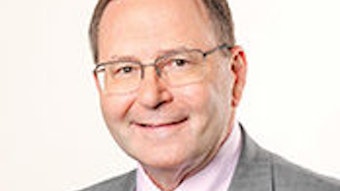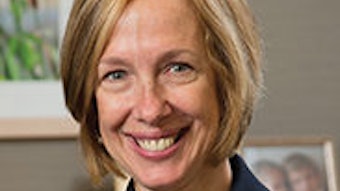Humanitarian Travel Grant: Medical Mission in Kenya
I want to express my gratitude for the AAO-HNSF Humanitarian Travel Grant that allowed me to travel to Kenya and participate in efforts at the AIC Kijabe Hospital. I had the privilege of working with Dr. David Nolen’s practice, an alumnus of my own residency program. This experience was even more valuable than I had expected, and I look forward to applying the skills I gained, and lessons learned.
Nicholas Mildenhall, MD
I want to express my gratitude for the AAO-HNSF Humanitarian Travel Grant that allowed me to travel to Kenya and participate in efforts at the AIC Kijabe Hospital. I had the privilege of working with David D. Nolen, MD, an alumnus of my own residency program. This experience was even more valuable than I had expected, and I look forward to applying the skills I gained, and lessons learned.
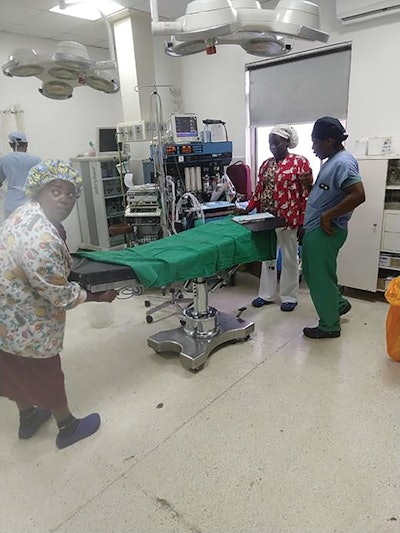
Preparing for the trip required extensive coordination across several organizations, and I am ever grateful to the many individuals who advocated for me to make the trip possible. Several barriers presented themselves, but thanks to the assistance of others I was able to participate in this tremendous experience. The challenges leading up to my departure, however, reinforced my desire to contribute my skills to an underserved population.
The AIC Kijabe Hospital is a well-established institution, and I was able to benefit from the relatively robust infrastructure there. It was great to work with both the mission and Kenyan healthcare providers. I particularly enjoyed working alongside a Kenyan otolaryngology resident and a Liberian general surgery resident, not to mention the many students and residents of other specialties. We were able to better appreciate our cultural differences through our joint desire to help patients, which was an enriching experience.
We had the opportunity to serve in busy clinics and operating rooms each day as we managed a broad spectrum of diseases. Patients often traveled from significant distances and at great cost to receive specialty care. I was surprised by the number of more common things we treated, but even more surprising was the variety of diseases in an area with prevalent HIV and Epstein-Barr virus infections. We had the privilege of treating both children and adults, but we faced difficult choices in a setting of limited resources and access to care. Rarely were we able to order all the tests and studies I have been taught to use when managing patients, which required me to assess what would truly be most valuable in caring for a patient. Similarly, in the operating room we rarely had full sets of instruments, which required a new aspect of creativity and flexibility in surgery.
It was humbling to have the opportunity to help treat such a grateful population with little material wealth. I learned so much from them beyond medical knowledge, and I look forward to applying those new lessons to my personal life and practice of medicine. Thank you for making it possible.
